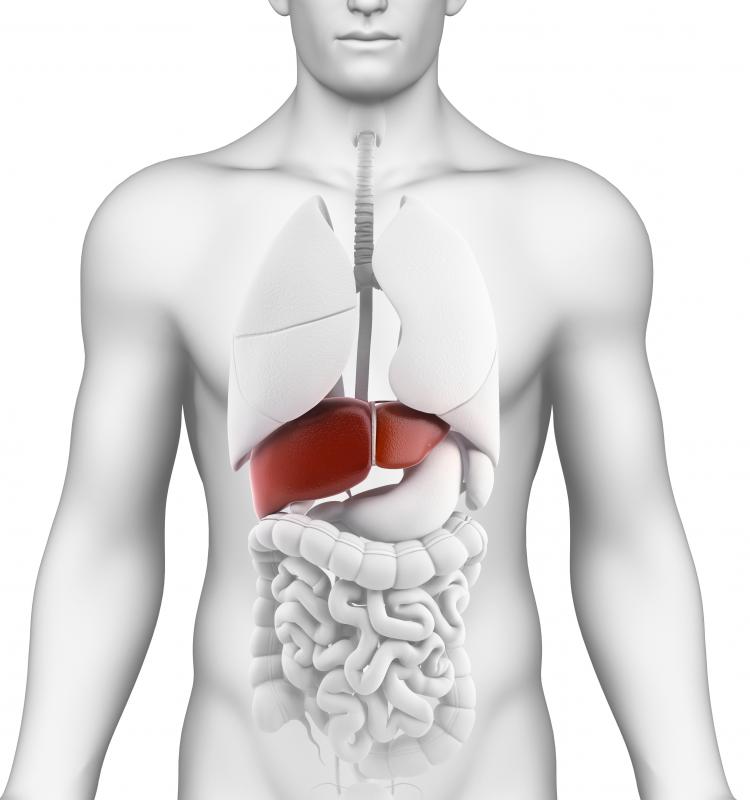At WiseGEEK, we're committed to delivering accurate, trustworthy information. Our expert-authored content is rigorously fact-checked and sourced from credible authorities. Discover how we uphold the highest standards in providing you with reliable knowledge.
What Is the Difference between Cysteine and Glutathione?
The difference between cysteine and glutathione is that cysteine is a single amino acid and glutathione is a protein made up of three amino acids, one of which is cysteine. The body uses amino acids like cysteine to form larger protein molecules such as glutathione. Cysteine is a nonessential amino acid, meaning it can be produced by the body and does not need to come from the diet. Glutathione is an antioxidant protein made by the body and is one its main defenses against toxins and free radicals. Cysteine and glutathione are important in preventing this damage and eliminating toxic substances from the body.
Cysteine is an amino acid, which is a building block of proteins. Amino acids are classified as essential or nonessential depending on whether the body can make them from other amino acids or must obtain them through food. Cysteine is a nonessential amino acid, and the body can produce it from another essential amino acid called methionine. One of the proteins the body makes from cysteine is the antioxidant glutathione.

Gluthatione is a tripeptide protein, meaning it is made up of three amino acids. One of these is cysteine, along with glycine and glutamic acid. Like cysteine, glycine and glutamic acid are also nonessential amino acids. Glutathione is one way the body protects itself against free radicals. Free radicals are substances that are naturally produced by bodily processes but also enter the body from the environment. Once present in the body, they can damage the deoxyribonucleic acid (DNA) of cells and possibly contribute to hardening of the arteries and other negative consequences.
Possibly for these reasons, glutathione has been linked to healthy immune system function as well as protection from degenerative diseases. It also appears cysteine and glutathione are used by the liver to bind to substances that might otherwise cause liver damage, such as air, food, and water pollution, as well as certain drugs. Glutathione also helps to change environmental substances like harmful chemicals that can then be safely excreted.
Most healthy people people are unlikely to be deficient in cysteine and glutathione. Cysteine and its precursor, the essential amino acid methionine, are found in most high-protein foods and also whole grains. It remains unclear how effective supplements with cysteine and glutathione are. Cysteine is usually taken as N-acetyl cysteine, which is an easier form for the body to use. Glutathione in oral supplements would most likely be broken down into its amino acids by the digestive system, before it could be used by the body.
AS FEATURED ON:
AS FEATURED ON:











Discussion Comments
Is there any problem taking both of these at the same time? These are supposedly used by doctors to prevent hangovers.
Post your comments